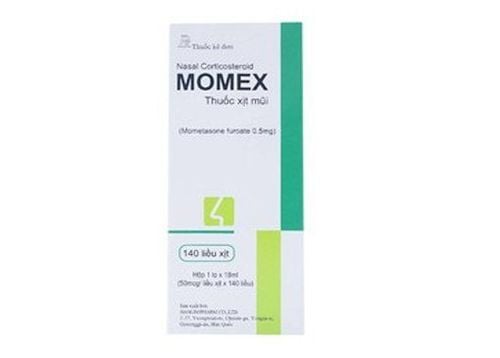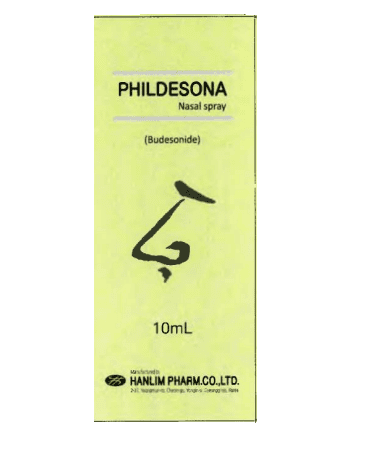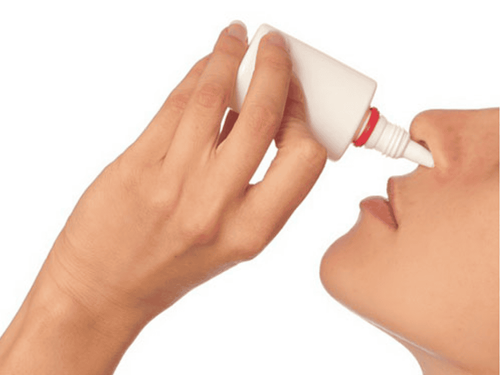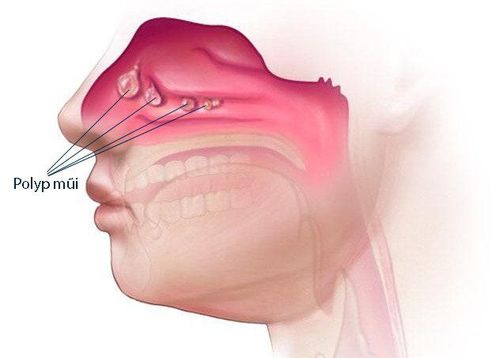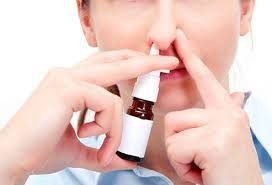This is an automatically translated article.
The article was professionally consulted by Pharmacist Nguyen Thi Linh - Vinmec Danang International General Hospital.Allergic rhinitis is a fairly common disease. When suffering from allergic rhinitis, many people have a habit of arbitrarily using nasal sprays without consulting a doctor. Meanwhile, if used improperly, nasal sprays can cause bad health consequences and make the condition worse. The following article hopes to add some useful information related to allergic rhinitis and notes when using nasal sprays.
1. What is allergic rhinitis?
Allergic rhinitis is a condition in which the body has cold-like signs and symptoms, such as runny nose, sneezing, itchy nose, stuffy nose, watery eyes, .... But unlike a cold, inflammation Allergic rhinitis is not caused by a virus but is caused by an allergic reaction to outdoor or indoor allergens, such as pollen, dust mites, or the saliva of cats, dogs, and other animals with fur.Because the symptoms of allergic rhinitis are not too severe, patients are often subjective and ignored. However, if not treated promptly and properly, allergic rhinitis can lead to acute and chronic sinusitis due to stagnation of secretions, forming foci of inflammation and blockage of sinus openings. Inflammation of the lining of the nose and sinuses creates conditions for bacteria to enter, causing pharyngitis, laryngitis, and otitis media. Nasal congestion and congestion make it difficult for patients to sleep, poor sleep quality, fatigue, affecting daily life and work...

Viêm mũi dị ứng là nguyên nhân chính gây viêm mũi
2. Notes when treating allergic rhinitis with sprays
Steroid nasal sprays are one of the commonly used medications in the treatment of allergic rhinitis. The important thing is how to use it safely and get the best results...2.1. Effects of Medications for Allergic Rhinitis Steroid nasal sprays have been shown to be the most effective in the treatment of allergic rhinitis. In addition to reducing symptoms, local inflammatory reactions, the amount of drug absorbed into the circulation is also quite low (about 2 - 10%) so it causes less side effects.
These drugs usually do not have an immediate effect, but it takes a few days to see the effect, so patients need to be treated correctly and at the right dose.
In specific cases, inhaled corticosteroids can be used in combination with antihistamines, bronchodilators... at the beginning of treatment to quickly improve, then these combination drugs can be stopped, only maintained with inhaled/inhaled corticosteroids.
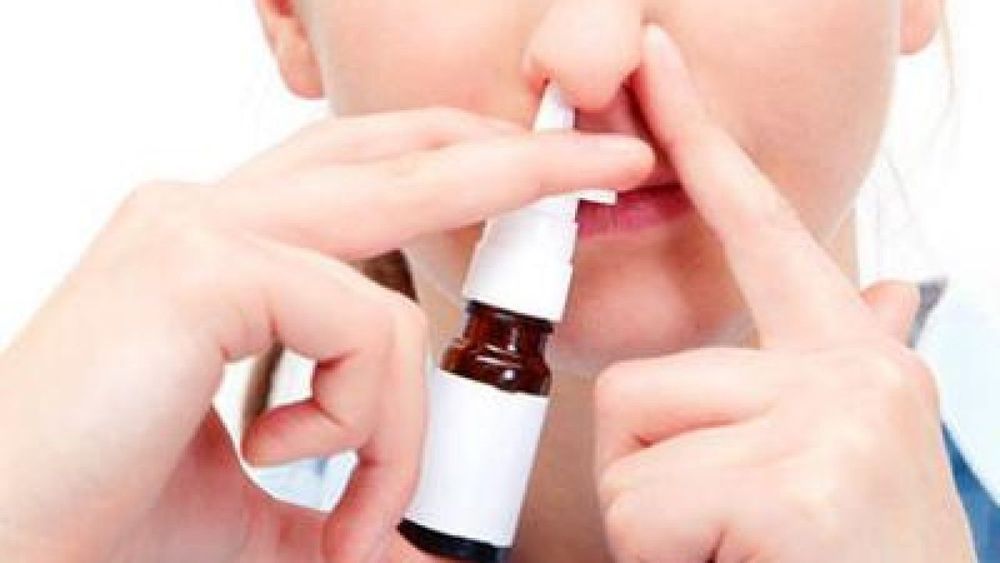
Viêm mũi dị ứng có thể điều trị bằng các loại thuốc xịt mũi steroid
In the next 6 months, depending on the progress of the disease, the doctor will adjust the dose of the drug to the most appropriate. With the correct use of nasal sprays, allergic rhinitis can be cured by up to 90%. Early and proper treatment of allergic rhinitis also helps patients prevent complications as mentioned above.
When spraying, do not put the spray tip into the nose too deeply, but only put the nozzle at the tip of the nose to spray the medicine into the correct nasal mucosa.
Note, before spraying the nose, clean the nozzle. Store the medicine in a cool place, away from direct sunlight and below 30 degrees Celsius. Once opened, only use within 1 month.
If using medicine for young children, parents need to help children use it to spray correctly.

Viêm mũi dị ứng cần điều trị sớm để tránh gây ra biến chứng
2.3. Some unwanted effects when using nasal sprays During the treatment of allergic rhinitis, if you experience unusual symptoms, you should immediately notify your doctor. Some symptoms that may appear when using nasal sprays and nasal sprays are:
Nosebleeds, especially in the dry season. Hoarseness of voice due to the direct action of drugs on the vocal cords causes allergic irritation, Reinke laryngeal edema, vocal cords... Irritation of the stomach, intestines, loss of appetite, appetite, dry throat, dryness In addition, the patient may also experience some symptoms such as headache, dizziness, heart palpitations, insomnia, headache...
Please dial HOTLINE for more information or register for an appointment HERE. Download MyVinmec app to make appointments faster and to manage your bookings easily.




